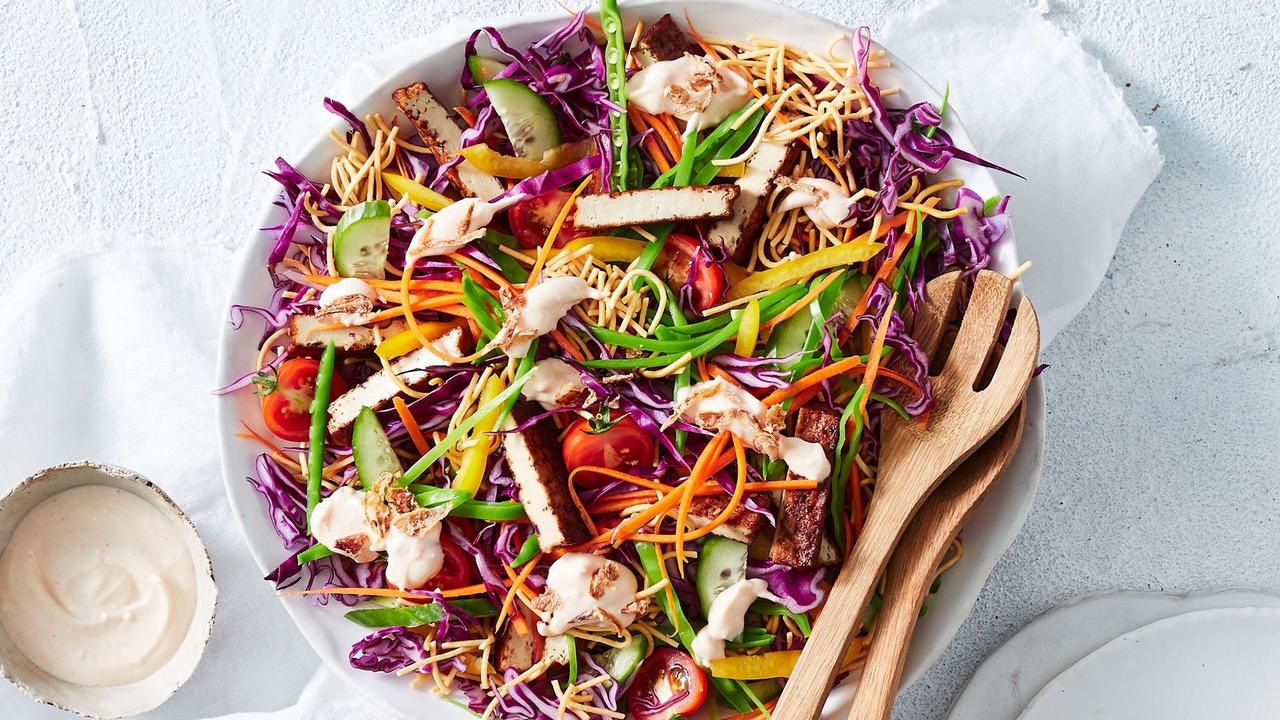How to boost your immunity: Expert debunks common wellness myths
Forget chugging expensive lemon and ginger “wellness shots” – an expert shares five ways to strengthen your immune system this winter.
With winter just around the corner, cold and flu season on the horizon and COVID-19 still lurking in the shadows, the concept that one can “boost” immunity is a popular one.
Does this mean you knock back shots of ginger and honey at the first sign of the season change? Do you stock up herbs and vitamins that claim to support your immune system? Stop! While these are tempting prospects as the temperature plummets, there’s very little scientific evidence to prove that these techniques will cure, treat or prevent any viral infection – in other words, give your immunity a boost.
RELATED: How to fight lockdown weight gain
RELATED: Five kind things to do during lockdown
The only proven way, in many cases, to boost your immunity is through vaccinations. Although there is currently no vaccine available for COVID-19, what you can do to protect yourself against the coronavirus and other germs is to stick with more mundane but effective health-promoting behaviours that optimise our body’s ability to fight infections.
EAT A BALANCED DIET
While we tend to isolate nutrients, such as vitamin C, D or Z for strengthening the immunity, the fact is we don’t eat nutrients, we eat food. What we do know is that a diet of minimally processed foods close to nature, predominantly plants, is associated with an optimally functioning immunity. This pattern of eating seemingly takes care of all nutrients by focusing on none.
Looking for things to pass the time? The best shows to watch, the funniest videos, the best hacks and home workouts? Find it all at our Life (goes on) in Lockdown section

Eating a healthful, balanced diet filled with lots of colourful fruits and vegetables, wholegrains, nuts, extra virgin olive oil and lean sources of protein will ensure you’re getting enough vitamin C, D, Z and other important minerals – in which case extra supplements aren’t beneficial to your immune system unless you are deficient. Common deficiencies include vitamin D (especially as we spend more time indoors) and iron. Replenishing those missing nutrients with supplements can help the immune system function in a healthy way and better ward off infections.
FOCUS ON YOUR GUT HEALTH
Given our immune system begins in our gut, it’s important to keep your gut microbiome in balance. Stresses of modern life, regular use of antibiotics and diets high in ultra-processed foods have left many of us with guts that function far from optimally. While eating probiotic-rich foods typically found in cultured yoghurts, fermented drinks (such as kombucha) and fermented vegetables (like kimchi) can reintroduce beneficial bacteria into the gut, emerging research supports the idea that an even more powerful approach might be to better feed the beneficial bacteria we already harbour. Their meal choice? Fibre.

Unfortunately, the typical Aussie diet is fibre-poor, with two out of three Aussie adults currently not meeting recommended intakes (25g for women and 30g for men per day). This means Australians are missing out on health benefits derived from the different fibre types that are naturally present in plant-based foods. Fermentable fibres (aka prebiotic fibres) can be found in whole grains (such as rolled oats, barley, brown rice) bananas, legumes, pulses, onions, leek, artichokes, garlic.
STAY CALM AND CARRY ON
Stress can certainly suppress the immune system. Stress hormones, such as cortisol can ‘switch off’ certain immune cells making you more vulnerable to infection and illness. If you’re prone to stress don’t brush it off. Whether it’s a brisk walk, yoga or deep breathing, try to practice regular endorphin-inducing activities to help counteract the stress.
A WORKOUT A DAY KEEPS THE DOCTOR AWAY
Regular exercise is a key player in overall good health. When we exercise, we get our heart pumping and our blood circulating better through our body. This gives our immune cells a better chance of being where they need to be so that they can do their job. But, be careful not to over-do it as excessive training and overload might have the adverse effect and increase risk of infection.

ENJOY SOME SHUT-EYE
Who doesn’t enjoy sleep during the colder months! Sleep has a massive impact on the immune system and disturbing your sleep patterns can make you more susceptible to a common cold or a case of the flu. Sleep experts recommend that adults should aim for seven to eight hours of sleep every night. Create a bedtime routine (and stick to it). Switch off your phone well before bed, drink a cup of camomile tea or take a relaxing bath and enjoy an early night.
Kathleen Alleaume is a nutrition and exercise scientist and founder of The Right Balance



